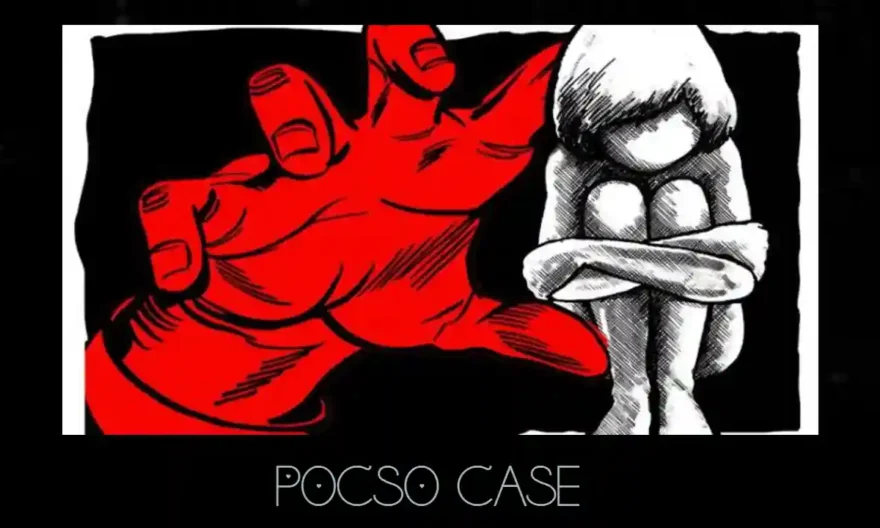
Calcutta High Court Chief Justice TS Sivagnanam has recently urged judicial officers to display greater sensitivity when handling cases related to human trafficking and those falling under the stringent POCSO Act.
Chief Justice Sivagnanam emphasized the importance of following proper procedures in POCSO cases, as many appeals filed in higher courts tend to challenge procedural lapses in the trial court.
The Chief Justice opined that “Time and again, the Supreme Court has emphasized that top priority must be given for disposing of POCSO cases. The top court has, through its judgments, laid down how judges dealing with such cases must be imparted with proper training and how sensitivity has to be there.”
The Chief Justice highlighted the establishment of a committee led by Supreme Court judge, Justice Ahsanuddin Amanullah, which is tasked with developing a training module for judges dealing with sensitive cases.
He advised trial court judges that the “Importance is being given by the top court to sensitive cases. Thus, even you (judicial officers) should give top priority to such sensitive and POCSO cases. Also, make use of the vulnerable witnesses’ room because in appeals in POCSO cases, the very first attack is always on the procedural aspect of the trial. Thus, go through the recent judgments of the Supreme Court and High Courts and keep yourself abreast with the latest settled law on the procedural aspect of a trial.”
Speaking at the inauguration ceremony of a new additional sessions court in Baruipur, South 24 Parganas, the Chief Justice explained that the construction of the new building that was prompted by the high number of pending cases.
Further, the Chief Justice said “Statistics show that nearly 2,700 civil cases and over 1,700 sessions cases are pending. The record further revealed that a total of 1,032 cases are arising out of POCSO. Thus, there is a need to bring down the piling backlog and I believe the new infrastructure will help in doing so.”
He further emphasized the importance of not allowing cases to remain pending for more than 20 years, urging judicial officers to personally verify physical files.
“Verify the physical files as there are discrepancies in the online statistics. Verify the files on your own at least twice a month and this will help you ascertain the stage at which a case has reached. It will help you bring down the huge number of pending cases.”
The Chief Justice concluded by highlighting the benefits of the new infrastructure, which would facilitate the prompt disposal of cases, benefiting not only litigants but also advocates.




